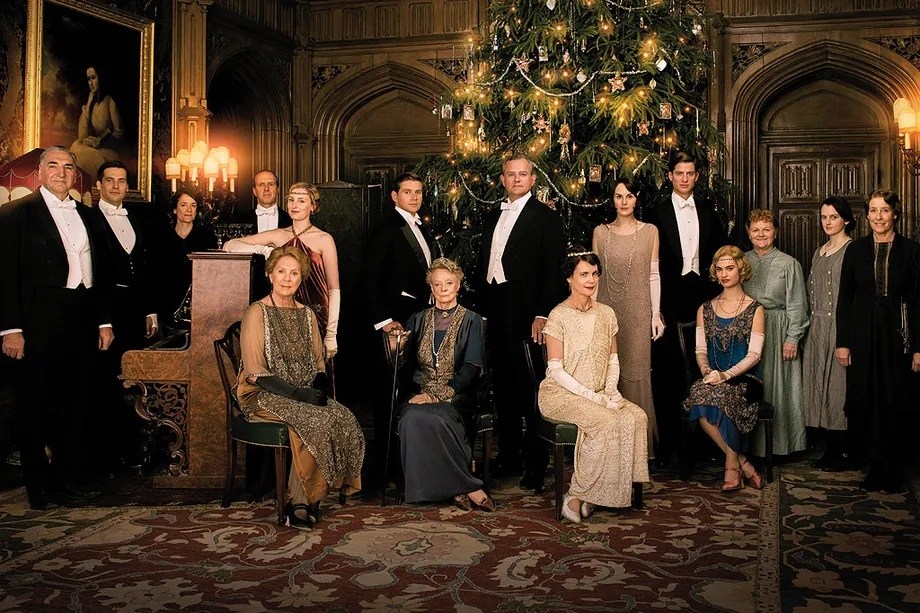The European Union has plans to reduce the number of British TV shows and film broadcast by TV stations in Europe as an after-effect of Brexit, the Guardian has revealed.
In an internal document seen by the newspaper, the amount of British product shown on EU channels is described as “disproportionate” and a threat to Europe’s cultural diversity.
The UK is by far the largest producer of original TV and films in Europe, and English-language productions allow it to make more than €1.6 billion in revenue from international sales.
The problem comes as the EU reconsiders its own definition of ‘European works’ which are given priority when it comes to TV channels. Since the UK left the EU at the end of last year, can it still be considered European?
The rules say that European productions must make up a majority of programming on terrestrial TV channels, and at least 30% on on-demand platforms like Netflix.
According to the document seen by the Guardian, the share of those quotas taken up by British product has led to the country’s share of the total being out of all proportion.
“The high availability of UK content in video on demand services, as well as the privileges granted by the qualification as European works, can result in a disproportionate presence of UK content within the European video on demand quota and hinder a larger variety of European works (including from smaller countries or less spoken languages),” the paper says.
“Therefore the disproportionality may affect the fulfilment of the objectives of promotion of European works and cultural diversity aimed by the audiovisual media services directive.”
According to industry sources, the loss of international sales of popular shows like Downton Abbey would be a blow not only to revenue for the industry, it might in fact lead to such programmes not being made. Pre-sales are often required even before the cameras can start turning.
The EU is Britain’s second-largest market for TV and film productions, after the US. In the year 2019-2020 the British industry brought in the equivalent of €573.6 million in European sales.
Meanwhile the product of the UK industry accounts for half of all video-on-demand (VOD) content in the EU, and its products are typically the most heavily promoted.
But the problem will not be solved at the stroke of a pen, thanks to the definition of a ‘European work’.
“Although the UK is now a third country for the European Union, its audiovisual content still qualifies as ‘European works’ according to the definition provided by the AVMS directive, as the definition continues to refer to the European convention on Transfrontier Television of the Council of Europe, to which the UK remains a party,” the leaked paper concludes.

